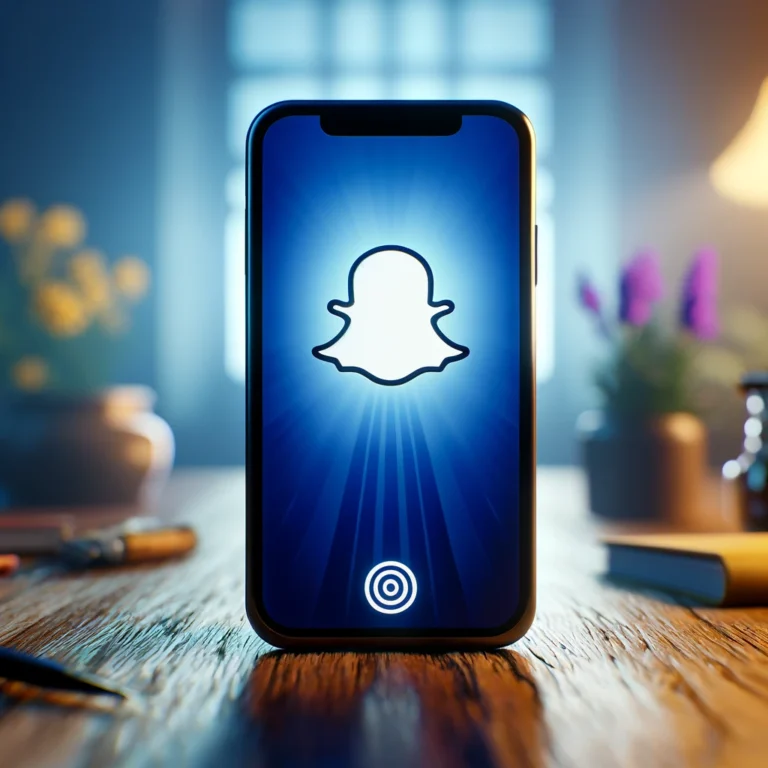Founding and Early Years
Snapchat was founded in September 2011 by Evan Spiegel, Bobby Murphy, and Reggie Brown while they were students at Stanford University. Initially named “Picaboo,” the app allowed users to send photos that would disappear after being viewed. The concept was to create a platform for sharing real-time moments without the permanence of traditional social media. In 2012, after a rebranding effort, the app was renamed Snapchat, and the team focused on enhancing its usability and technological features.
Growth and Innovations
Snapchat quickly gained popularity among young users, especially teenagers, due to its unique feature of disappearing messages. The introduction of video sharing in December 2012 and the launch of the Stories feature in October 2013 significantly boosted user engagement. Stories allowed users to post a series of snaps that would be available for 24 hours, giving a more comprehensive view of their daily activities.
In 2015, Snapchat introduced Discover, a feature that provided curated content from various publishers and brands, making the platform not only a communication tool but also a media consumption hub. The same year, Lenses and Filters were introduced, allowing users to apply real-time effects and augmented reality (AR) elements to their photos and videos.
Monetization and Expansion
Snapchat’s business model heavily relies on advertising. The introduction of Snap Ads, sponsored Lenses, and Geofilters helped the company generate significant revenue. In 2016, Snap Inc., the parent company, rebranded itself as a “camera company” and launched Spectacles, wearable sunglasses with an integrated camera for capturing Snaps.
The company went public in March 2017, with one of the most anticipated IPOs in tech history. Since then, Snapchat has continued to expand its features, including Snap Map for location sharing, and Chat 2.0 for enhanced messaging capabilities.
Challenges and Controversies
Snapchat’s journey has not been without challenges. The company faced a significant lawsuit from Reggie Brown, who claimed he was unfairly ousted from the company. The lawsuit was settled in 2014 for $157.5 million. Additionally, Snapchat has had to navigate privacy concerns, particularly related to its location-sharing features and the security of user data.
Modern Era
As of 2022, Snapchat has over 350 million daily active users and continues to innovate with new features like augmented reality experiences and AI-driven functionalities. The platform remains popular among younger demographics, offering a blend of personal communication, entertainment, and social interaction.
From its inception as a simple disappearing photo app to becoming a major player in the social media landscape, Snapchat’s history is marked by innovation, rapid growth, and the ability to adapt to changing user preferences. The platform continues to push the boundaries of social interaction and media consumption, ensuring its place in the digital world.

